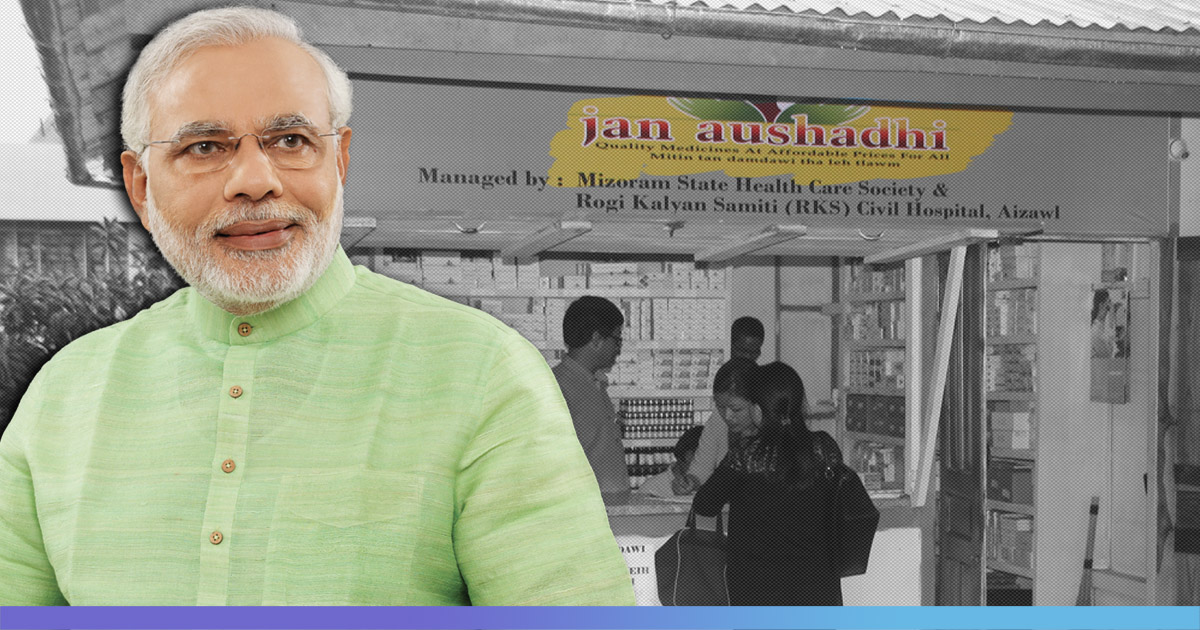Health is a basic human right and it should be every government’s mission to make its healthcare facilities accessible to all. An Oxfam India report suggests that since health is a causative factor, it affects the country’s aggregate level of economic growth.
“Since development is a consequence of good health, even the poorest developing countries should make it a priority to invest in the health sector,” said the Oxfam report.
In order to improve the healthcare scenario in the country, the current government launched Pradhan Mantri Bhartiya Jan Aushadhi Pariyojana Kendra (PMBJPK).
It aimed to provide quality medicines at affordable rates to the masses through PMBJPKs. These centres have been set up to provide generic medicines. They are available at lower rates but are equivalent in quality as expensive medicines.
Why is PMBJPK scheme important?
In India, most people buy medicines from the private sector, which accounts for a high proportion of healthcare-related expenditure.
In order to reduce the burden of healthcare costs, the government came up with this scheme and made the availability and affordability of generic and essential medicines possible.
Notably, it was in 2008 when the government came up with the scheme of providing generic medicines to the people under the name of Jan Aushadhi Scheme (JAS), however, due to unawareness about generic medicines’ quality and efficacy, the scheme was not that successful.
It was in 2015 that the government decided to work towards the proper implementation of the JAS scheme and in November 2016, JAS was renamed as Pradhan Mantri Bhartiya Janaushadhi Pariyojna.
What is the current status?
According to a Business Standard report, Jan Aushadhi Kendra has helped to save Rs 1,668 crore to the citizens of the country.
The Minister of State for Road Transport and Highways, Shipping and Chemicals and Fertilizers, Mansukh L Mandaviya informed the Rajya Sabha that as on December 31, 2018, 4677 PMBJPK are functional in 35 States/Union Territories of the country.
Unbranded generic medicines worth Rs 417 crores (MRP) were sold through these centres, ever since the inception of the scheme till the end of December 2018. This sale is roughly equivalent to the sale of Rs 2,085 crores of the branded medicines.
According to the government, the demand for generic medicine is growing and the Jan Aushadi Kendras are serving 10-15 lakh people per day across the country.
By the year 2020, at least 2,500 more Jan Aushadhi stores will be opened in the country. The government aims to have at least one such store at every block level.
Also Read: Women In Rural Uttar Pradesh Declare War On Skin Infections










